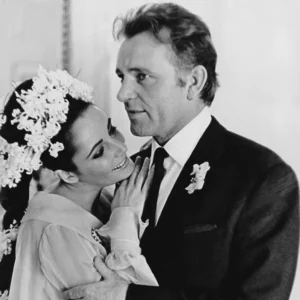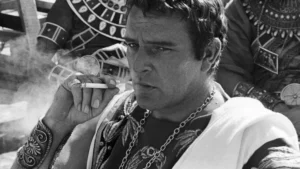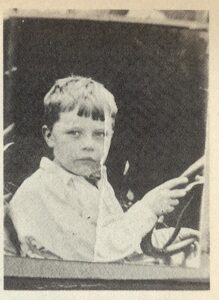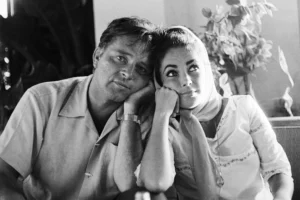- Share
- Private Message
- Report
- prev
- next
My Story
Richard Burton, born Richard Walter Jenkins Jr. in Pontrhydyfen, Wales, rose from humble beginnings to become one of the most iconic actors of the 20th century. The twelfth of thirteen children, he grew up in a coal-mining family, where financial hardships and an early loss of his mother shaped his formative years. Despite these challenges, Burton displayed a remarkable talent for oratory and literature from a young age, talents he developed under the mentorship of his school teacher, Philip Burton, who later became his legal guardian and whom he adopted as his professional surname. This mentorship led to his scholarship at Oxford, setting the stage for a career that would transform him into a global star.
Burton's voice, described as a resonant baritone with a uniquely magnetic quality, became his signature on stage and screen. He gained acclaim as a classical actor with standout roles in Shakespearean productions, particularly as Hamlet, which established his reputation in London's West End and eventually brought him to Broadway. His Hollywood breakthrough came with roles in My Cousin Rachel (1952) and The Robe (1953), which showcased his brooding intensity and emotional depth. However, it was his on-and-off-screen chemistry with Elizabeth Taylor, his future wife, in Cleopatra (1963) that cemented his stardom and fueled media fascination. Their tumultuous relationship became one of Hollywood's most storied romances, marked by two marriages, lavish spending, and public feuds, capturing international attention and adding a complex, almost mythic layer to his fame.
Despite his artistic successes, Burton struggled with personal demons, including a lifelong battle with alcoholism and the pressures of fame, which ultimately affected both his health and career. He continued to work in film and theater into his later years, receiving seven Academy Award nominations but never winning an Oscar. His performances remained compelling and powerful, even as his personal struggles took their toll. Burton's life was as dramatic as any of his roles—a blend of brilliance and vulnerability that left an indelible impact on cinema and theater. He remains celebrated as “The Welsh Lion,” a testament to his cultural legacy and lasting influence on acting.
Video
Video URL
Details
- From United States
- Belonged to Welsh Protestant






Add a comment